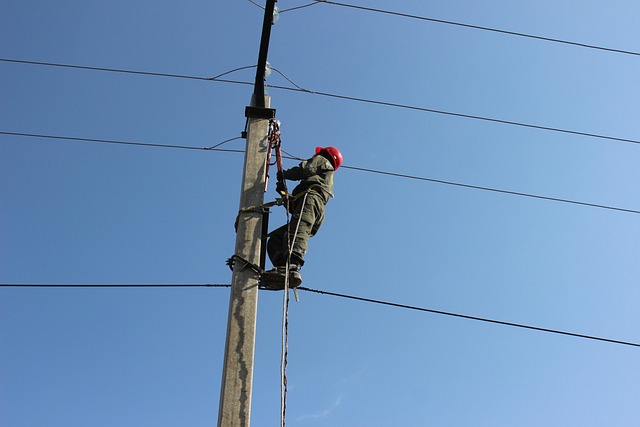Wind Turbine Technician Careers
Wind turbine technicians play a vital role in the renewable energy sector. From climbing towers to performing routine maintenance, they help ensure turbines operate efficiently and smoothly—supporting a cleaner, more sustainable energy future across the U.S.

What does a wind turbine technician do?
Wind turbine technicians, often called wind techs, are responsible for the installation, maintenance, and repair of wind turbines. Their duties include inspecting turbine components, diagnosing electrical and mechanical issues, replacing worn parts, and conducting routine maintenance to ensure optimal performance. Wind techs must be comfortable working at great heights, as they frequently climb turbine towers that can reach up to 300 feet tall. They also need to be adept at reading technical manuals, using computerized systems for monitoring turbine function, and adhering to strict safety protocols.
What training is required to become a wind turbine technician?
Wind turbine technician training typically involves a combination of formal education and on-the-job experience. Most employers prefer candidates with at least a two-year associate degree in wind energy technology, renewable energy, or a related field. These programs cover essential topics such as electrical systems, hydraulics, mechanics, and safety practices specific to wind energy. Some technicians may also pursue additional certifications, such as those offered by the Global Wind Organisation (GWO), to enhance their qualifications and job prospects.
What are the key requirements for wind turbine technicians?
To succeed as a wind turbine technician, individuals must possess a unique blend of technical skills and personal attributes. Key requirements include:
-
Physical fitness and comfort with heights
-
Strong mechanical and electrical aptitude
-
Problem-solving and critical thinking skills
-
Ability to work in a team and communicate effectively
-
Willingness to travel and work in remote locations
-
Safety-conscious mindset and attention to detail
-
Basic computer skills for operating monitoring systems
-
Adaptability to changing weather conditions and work environments
How much do wind turbine technicians earn?
Wind turbine technician salaries can vary based on factors such as experience, location, and employer. According to the U.S. Bureau of Labor Statistics, as of May 2020, the median annual wage for wind turbine technicians was $56,230. However, salaries can range from around $40,000 for entry-level positions to over $80,000 for experienced technicians in high-demand areas.
| Experience Level | Estimated Annual Salary Range |
|---|---|
| Entry-level | $40,000 - $50,000 |
| Mid-career | $50,000 - $70,000 |
| Experienced | $70,000 - $85,000+ |
Prices, rates, or cost estimates mentioned in this article are based on the latest available information but may change over time. Independent research is advised before making financial decisions.
What are the job prospects for wind turbine technicians in the USA?
The job outlook for wind turbine technicians in the United States is exceptionally promising. The U.S. Bureau of Labor Statistics projects a 68% growth in employment for wind turbine technicians from 2020 to 2030, which is much faster than the average for all occupations. This rapid growth is driven by increased investment in wind energy projects across the country, as states and utilities work towards meeting renewable energy goals and reducing carbon emissions.
How can aspiring wind turbine technicians stand out in the job market?
To stand out in the competitive wind energy job market, aspiring technicians can take several steps:
-
Gain hands-on experience through internships or apprenticeships with wind energy companies
-
Pursue additional certifications beyond the basic requirements, such as OSHA safety certifications or specialized wind turbine manufacturer training
-
Develop a strong understanding of emerging technologies in the wind energy sector, such as predictive maintenance systems and advanced monitoring tools
-
Cultivate soft skills like teamwork, communication, and problem-solving through relevant extracurricular activities or volunteer work
-
Stay informed about industry trends and developments by joining professional organizations like the American Wind Energy Association (AWEA)
-
Consider gaining experience in related fields, such as general electrical or mechanical work, to broaden your skill set and increase versatility
In conclusion, wind turbine technician careers offer a unique blend of technical challenge, environmental impact, and job security. As the renewable energy sector continues to grow, skilled wind techs will play an increasingly vital role in shaping a sustainable future. With the right training, skills, and dedication, aspiring technicians can look forward to a rewarding career in this dynamic and rapidly expanding field.




